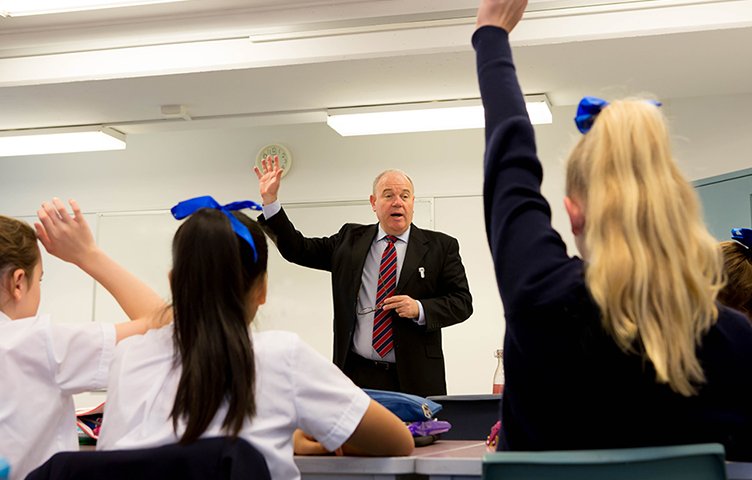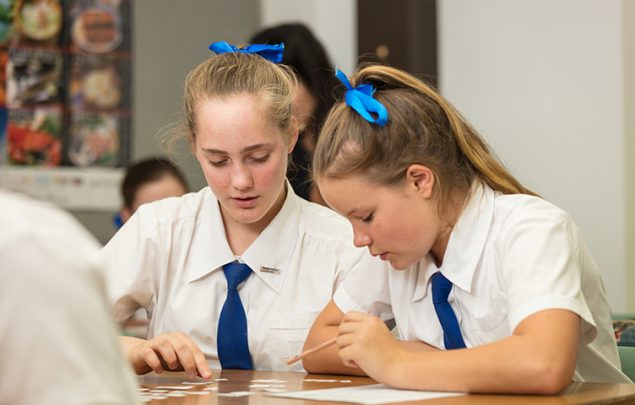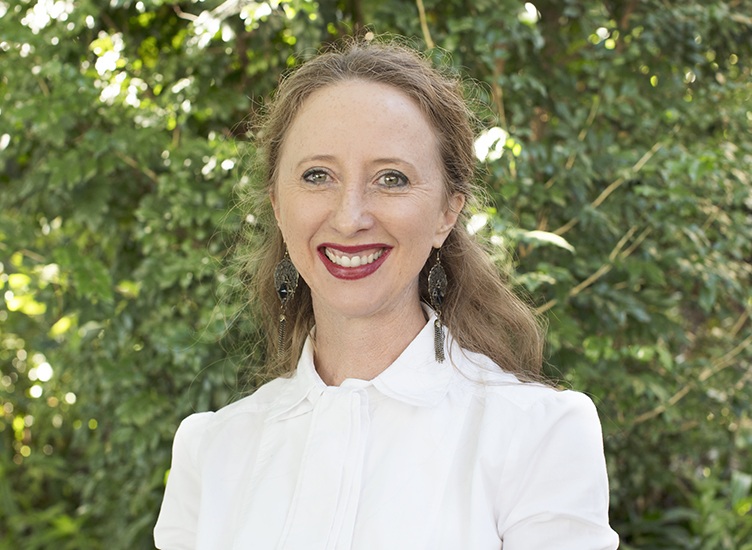Accounting
In the ancient and modern world, counting and recording are acknowledged as important processes that give order to society.
Accounting introduces students to the architecture of financial solutions in business. They develop an understanding of real-world digital technologies that enable real-time access to financial information. The critical analysis, interpretation and communication of financial information is now the task of accountants as multi-disciplinarians.
Accounting is for students with a special interest in business, commerce, entrepreneurship and the personal management of financial resources. The numerical, literacy, technical, financial, critical-thinking, decision-making and problem-solving skills learned in Accounting also allow students to develop an understanding of the ethical attitudes and values required to participate more effectively and responsibly in society.
Economics
Economics students at Brisbane Girls Grammar School undertake guided inquiries into contemporary economic issues and policy making that is relevant to their everyday lives. Through this process, girls develop analytical and critical thinking skills while shaping their independent views on important policy matters.
The senior Economics program studies human choices and explores how individuals and societies choose to allocate limited resources. They examine how we respond to incentives, make trade-offs, weigh up costs and benefits, and how we decide what is efficient and fair.
Our goal is to help shape future thinkers who can address the challenges of an increasingly digitised and globalised world. Students have rich opportunities to engage in important discourses with economic experts, and begin to solve problems beyond the classroom.
Geography
Geography is a diverse discipline that engages with a variety of important contemporary issues affecting people and places on a local, regional and global scale.
Inquiry-based learning that encompasses fieldwork and the use of spatial and communication technologies provides authentic opportunities for students to apply geographical skills and collaborative learning experiences.
Geography students are required to think critically about the fragile interconnections of the human and physical environment. Throughout their studies, girls are empowered to engage in a sustainable way of life.
History (Ancient)
Ancient History prepares students to navigate the issues facing modern society, and to contribute to their resolution. Ancient historians produce historical narratives and syntheses of the ancient past that not only convey universal truths about the human condition, but also help us to understand the legacies modern societies have inherited from our forebears.
Through Ancient History, girls learn to question and challenge contestable views of the ancient past, which can be used to empower certain peoples and groups in the contemporary world, at the expense of others. They learn to pick apart those arguments that are politically divisive, distorted by prejudices, and dangerous for the modern world.
History (Junior)
History in the Junior School follows a chronological approach. It spans all the great epochs of history including ancient history, medieval history and modern history. Students learn to apply context to their lives and making connections between the past and the present. History poses big questions for students to investigate, and equips them with valuable skills, including research, critical thinking, and written and oral communication skills. History, through a study of humanity over time, broadens outlooks and enriches lives.
History (Modern)
Modern History provides context to the contemporary world. In doing so, it helps to explain why things are the way they are, and what might be. Modern History examines humanity’s recent past, spanning the late 18th century to the present. It focuses on the ‘big’ ideas and progressive movements that have shaped the modern world, and the experiences of individuals, groups and nation-states, nationally and internationally.
Students gain valuable skills, particularly critical thinking, written communication, and research. Modern History students not only understand the complexity of the world in which they live and the challenges facing humanity, but also have the knowledge and skills to shape their own lives, now and into the future.




